China’s September trade data were rather poor. In particular, imports dropped -8.5% yoy versus expectation of -5.2% yoy,. suggesting weak domestic demand. Exports also contracted -3.2% yoy versus expectation of -3.0% yoy. Trade surplus widened to USD 39.7B. But year-to September, exports just dropped -0.1% yoy while imports dropped -5.0% yoy.
In USD term, in September:
- Total trade dropped -5.7% yoy to USD 396.6B.
- Exports dropped -3.2% yoy to USD 218.1B.
- Imports dropped -8.5% yoy to USD 178.5B.
- Trade surplus came in at USD 39.7B.
Year-to-September:
- Total trade dropped -2.4% yoy to USD 3351.8B.
- Exports dropped -0.1% yoy to USD 1825.1B.
- Imports dropped -5.0% yoy to USD 1526.7B.
- Trade surplus was at USD 298.4B.
With US, Year-to-September:
- Total trade dropped -14.8% yoy to USD 402.7B.
- Exports to US dropped -10.7% yoy to USD 312.0B.
- Imports from US dropped -26.4% yoy to USD 90.7B.
- Trade surplus was at USD 221.3B.
With EU, Year-to September:
- Total trade rose 3.2% yoy to USD 522.5B.
- Exports rose 5.1% yoy to USD 316.8B.
- Imports rose 0.3% yoy to USD 205.8B.
- Trade surplus was at USD 111.0B
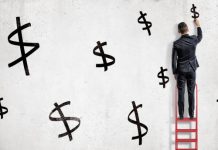



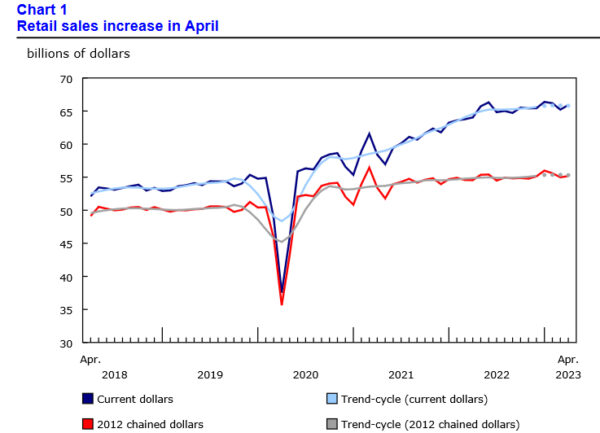
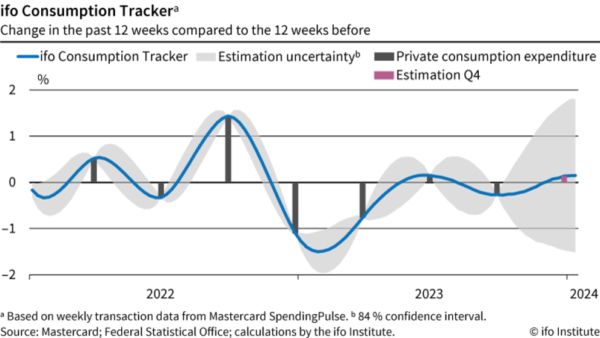

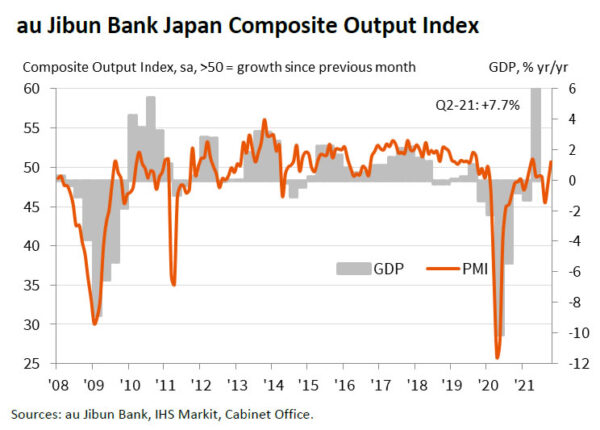
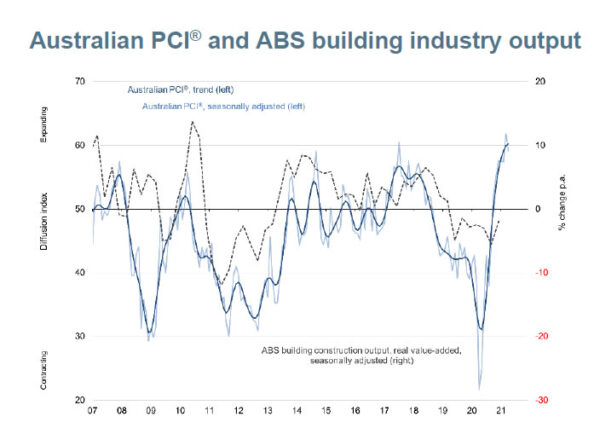
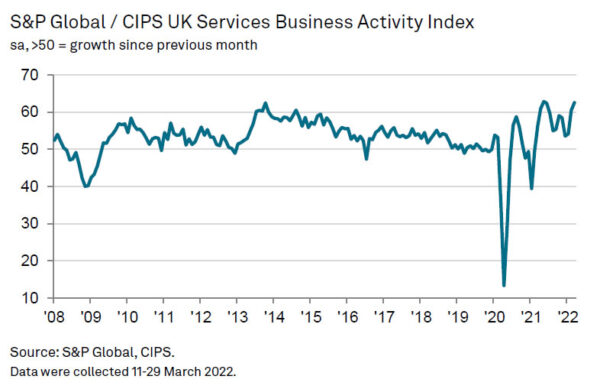
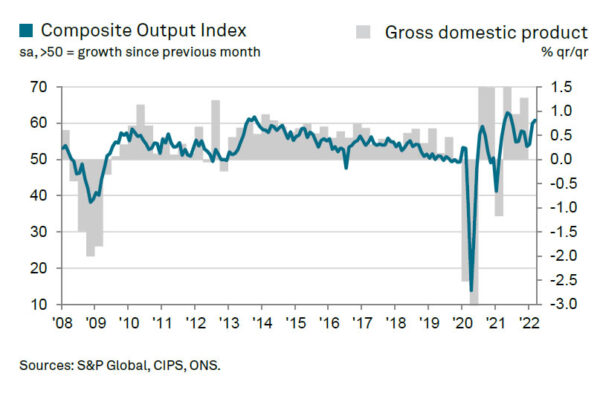
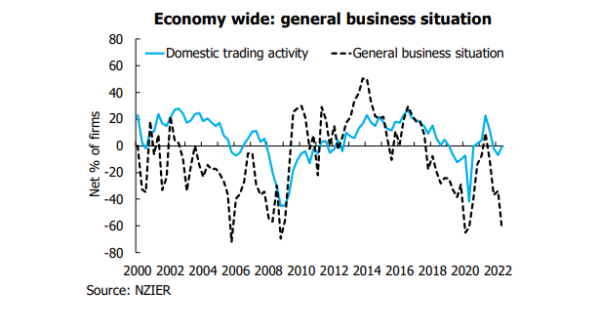
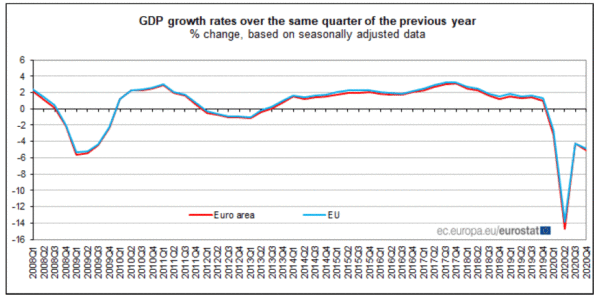
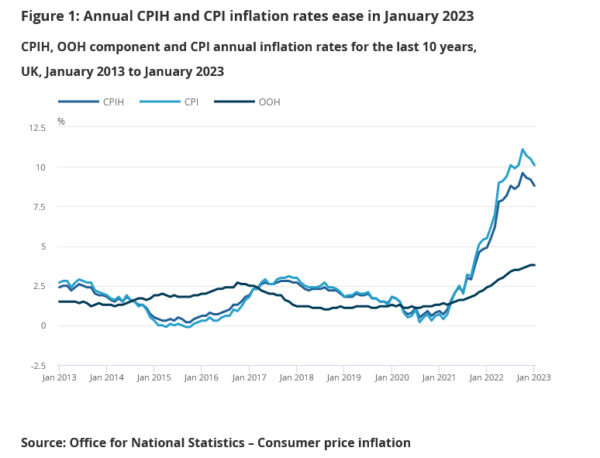

ECB Visco: We have to avoid too early withdrawals of policies
ECB Governing Council member Ignazio Visco said, policies have to remain extremely accommodating on the fiscal side as well as on the monetary side as we’re prepared to do for the euro area as a whole… We are here to consider the risks of stop and go and we will have to avoid too early withdrawals of policies. ”
Also a Governing Council member, Francois Villeroy de Galhau reiterated the Pandemic Emergency Purchase Programme will “run until the crisis phase is over, and at least until next June.” “Given the uncertain situation today, it would be a mistake to decide an end date now” he added.